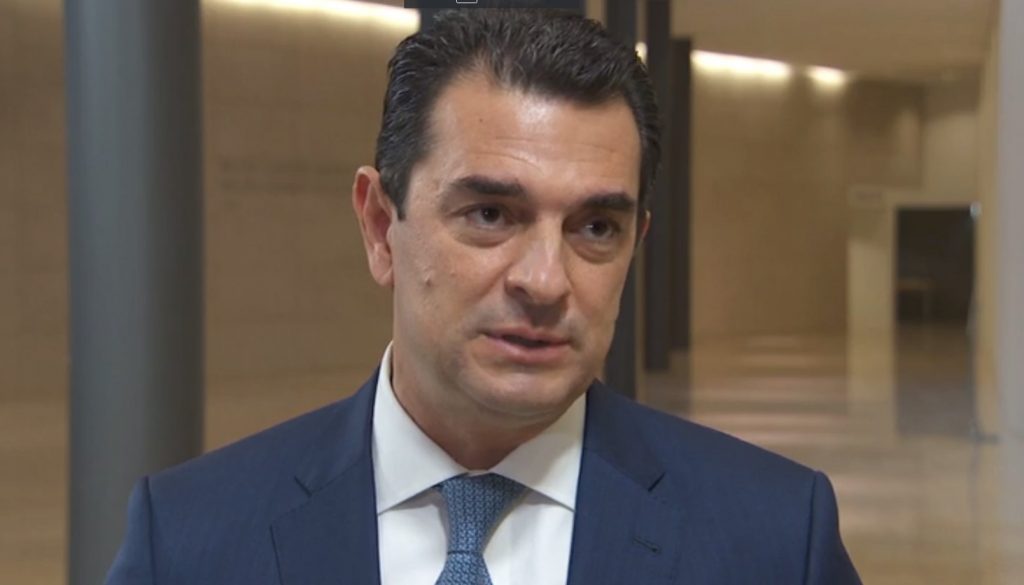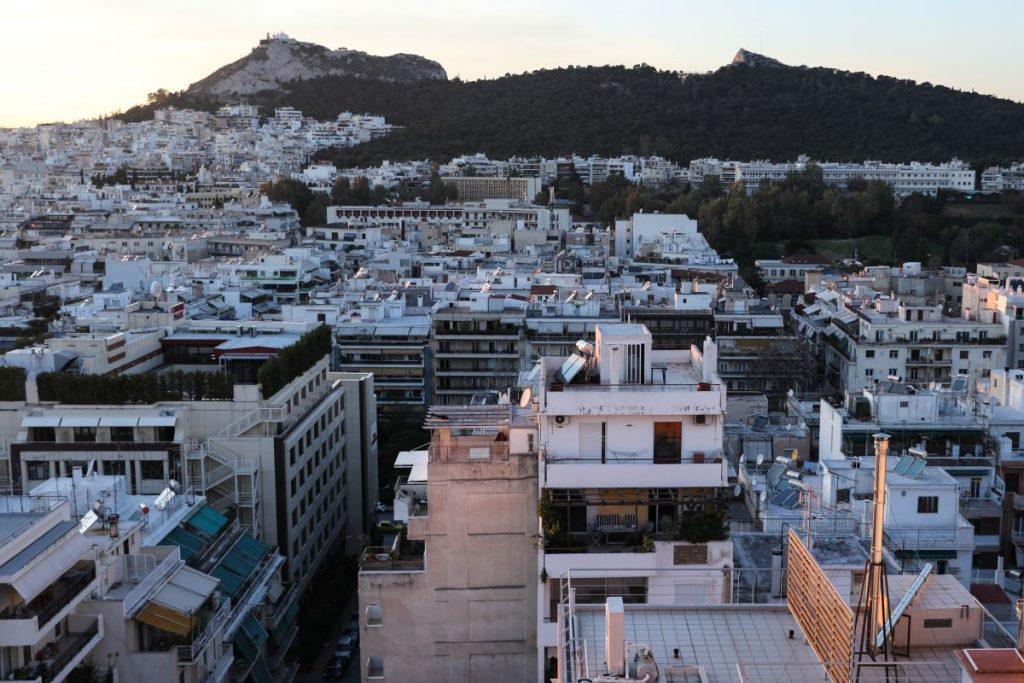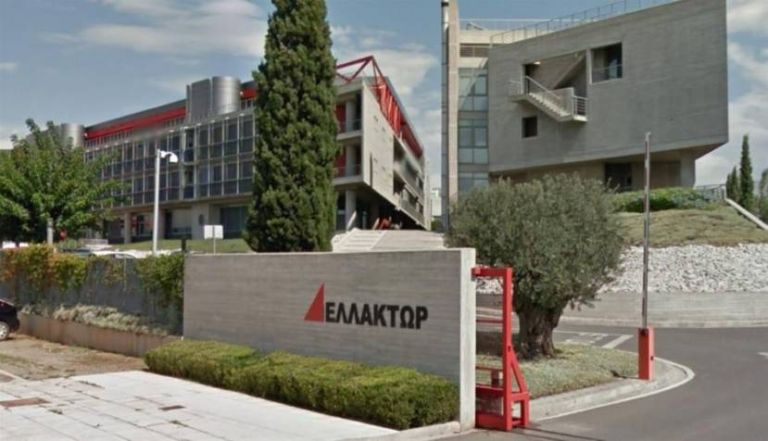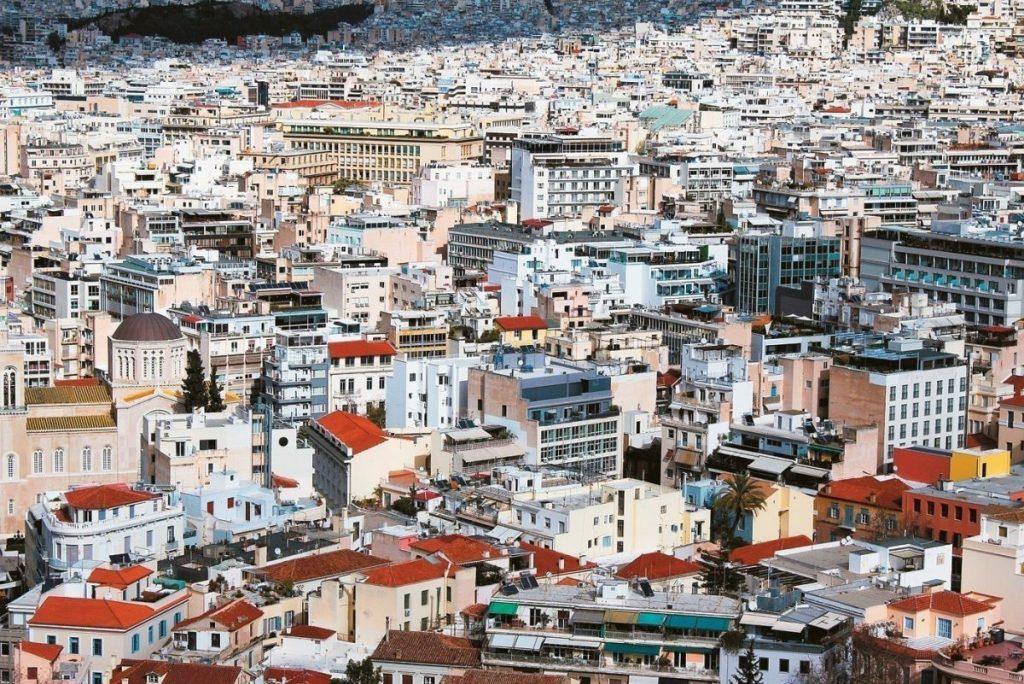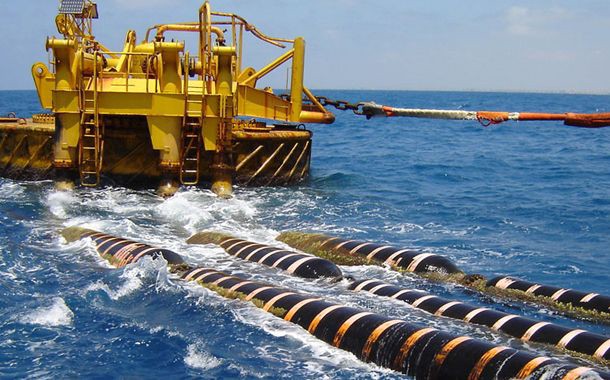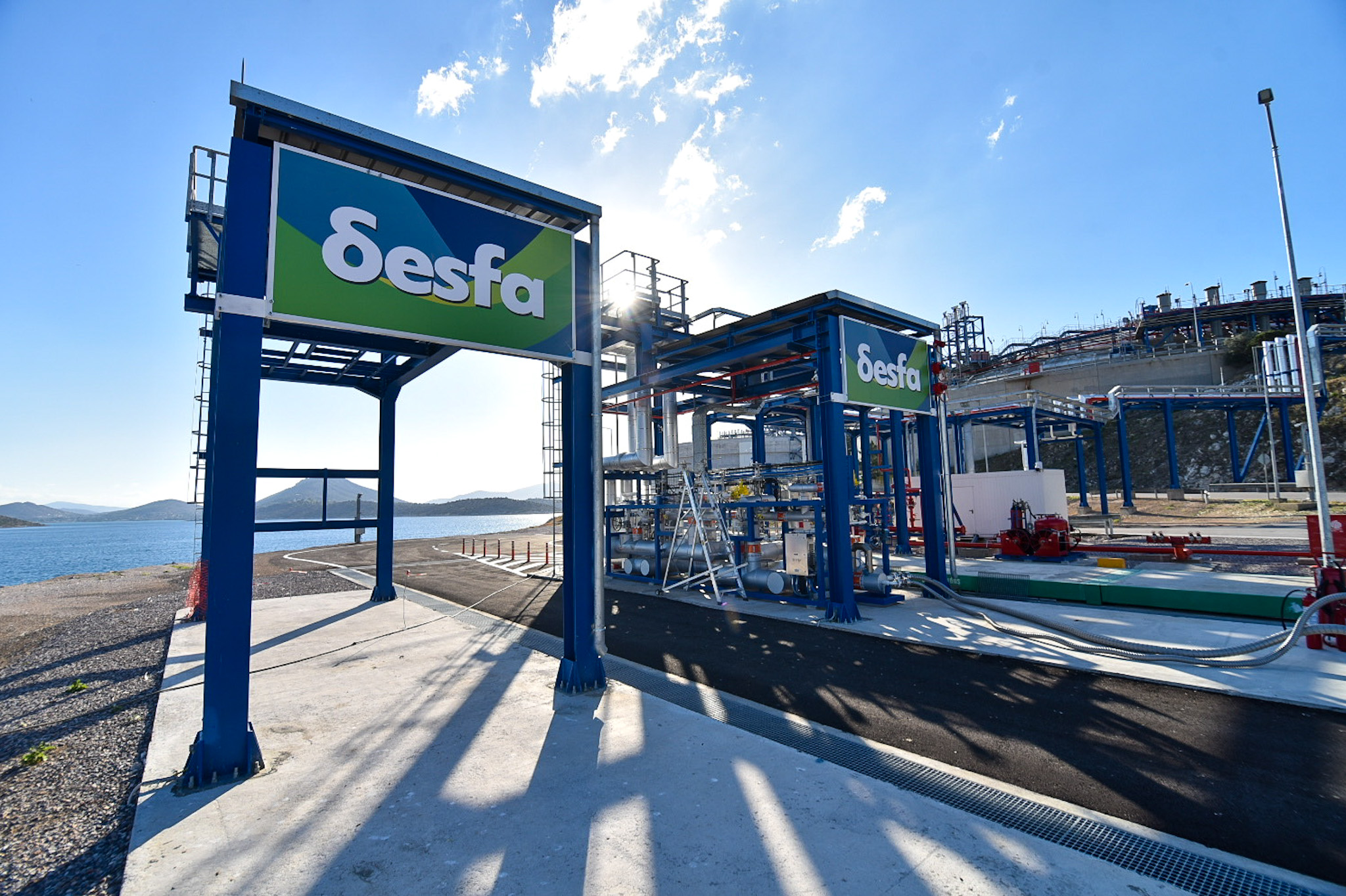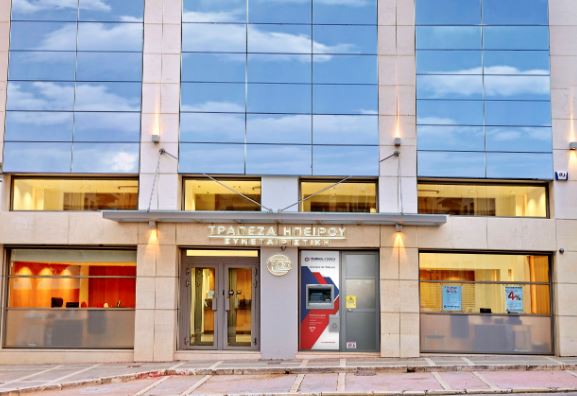“We owe it to Greek citizens and the future generations to see what there is in the subsoil and whether there are usable deposits,” the Greek Environment and Energy Minister, Mr Kostas Skrekas said at the 7th Delphi Economic Forum.
Moreover, the Minister added that delignification started a decade ago for law-abiding reasons and that, if there was no energy crisis, lignite plants would not be able to enter the system because they would be very expensive. “Due to the exceptional situation created by the war in Ukraine, we are considering the possibility of extending the operation of the units Agios Dimitrios 5 and Meliti until 2025. Ptolemaida 5, provided it is economically viable, is likely to run on lignite by 2028.”
He also pointed out that “PPC, a listed company and controlled by Certified Public Accountants, announced losses in 2021” and added that “whatever its profit margin, it put its profit back into the community”.
Mr Skrekas made it clear: “For as long as the energy crisis lasts, we will support society” and added that “households and businesses cannot withstand the burden of explosive increases”.
“Europe must take immediate measures,” he said, adding that “the consequences of the energy crisis, if it continues, will overcome those of the pandemic.”
Speaking about the adequacy of gas supply, theMinister said that we are considering all scenarios, even the most unfavourable ones, for the country’s energy supply.
As he said: “Greece is in a much better situation than many European countries, regarding the dependence on Russian gas” and pointed out that “we have the possibility not to depend on gas imports from Russia, with the upgrading of Revithoussa and the completion of FSRU projects in Corinth and Alexandroupolis”.
As he stated: “Works on the addition of an additional floating storage unit in Revithoussa can be completed within 6 to 10 weeks”, he added: “Greece can become a gateway to LNG for the whole of Southeast Europe”.
Regarding the penetration of RES, he stated: “From 400 to 500 MW that were connected every year in the period 2015-2019, new projects of 1,000 MW were connected in 2021 and, this year, we estimate that they will exceed 2,000 MW, when the corresponding rate in Germany is 1,400 MW per year”, pointing out that: “If we now had 2 to 3 GW more RES, prices would be lower”.
Finally, Mr Skrekas announced that the first National Climate Law will be submitted to the Parliament for adoption in the coming period, while, next week, the draft law on the simplification of the licensing of new RES projects and the institutional framework for electricity storage will be open to public consultation, while the draft law on offshore wind farms will be ready by June.
